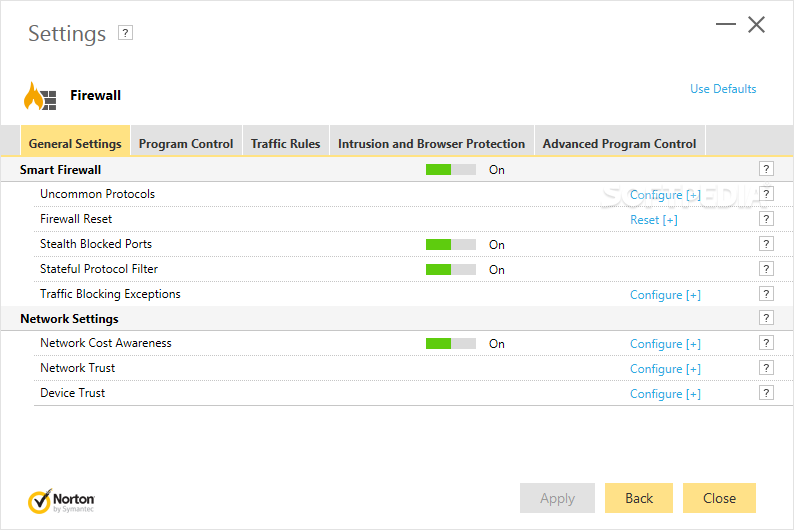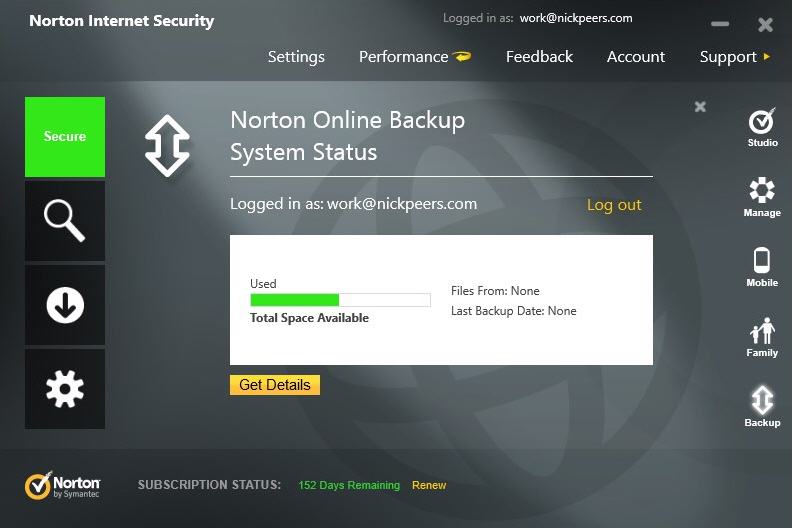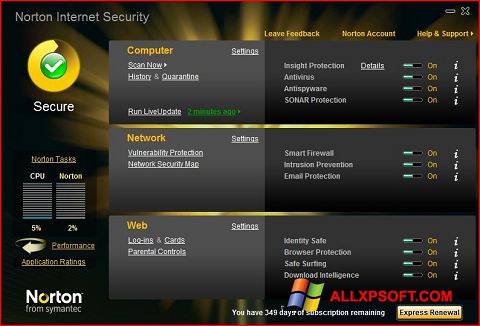
Secure Sockets Layer (SSL) and Transport Layer Security (TLS). That’s because it uses the double encapsulation process. The downside? It can result in slower connections. One of its primary advantages? It’s available on most devices and operating systems and provides a high level of security. That’s why it’s paired with IPSec encryption. L2TP is a VPN protocol that doesn’t encrypt data by itself. Layer 2 Tunneling Protocol (L2TP)/IPSec. Newer versions of IPSec use stronger, more complex algorithms. Also, some of the security algorithms used in IPSec in the past have been hacked by cybercriminals. But it can require a lot of processing power, and that can affect device performance. It’s considered highly secure and is useful for securing inbound and outbound traffic. Internet Protocol Security is a popular protocol that protects data through either a transport mode or a tunnel mode. Here are some of the types of security protocols. 
Older protocols, such as PPP and PPTP, are considered less secure. VPNs use a variety of different protocols.
don’t have as many servers in as many countries globally. don’t offer the highest bandwidth and connection speeds to free users. don’t offer the most current or secure protocols. free options, you may find that free VPNs: Such as being served frequent advertisements or having your personal information collected and sold to third parties. Remember, however, that some VPN services may not cost you money, but you might “pay” in other ways,  How much will it cost? If price is important to you, then you may think that a free VPN is the best option. Ideally, you’d be able to use the VPN on all of them at the same time. Will you be able to set up VPN access on multiple devices? If you are like the average consumer, you typically use between three and five devices.
How much will it cost? If price is important to you, then you may think that a free VPN is the best option. Ideally, you’d be able to use the VPN on all of them at the same time. Will you be able to set up VPN access on multiple devices? If you are like the average consumer, you typically use between three and five devices. 
If you want to appear as if you’re accessing the Web from a certain locale, make sure there’s a server in that country.
Where are the servers located? Decide which server locations are important to you. Make sure their services match your needs by checking to see if you’ll get full, unmetered bandwidth without data limits. Do they set data limits? Depending on your internet usage, bandwidth may be a large deciding factor for you. OpenVPN is an open-source software that supports all the major operating systems. Do they run the most current protocol? OpenVPN provides stronger security than other protocols, such as PPTP. 
They should have a no-log policy, which means that they never track or log your online activities. Do they respect your privacy? The point of using a VPN is to protect your privacy, so it’s crucial that your VPN provider respects your privacy, too.But what’s the best way to choose a virtual private network? Here are some questions to ask when you’re choosing a VPN provider. A smart way to stay secure when using public Wi-Fi is to use a VPN solution.








 0 kommentar(er)
0 kommentar(er)
